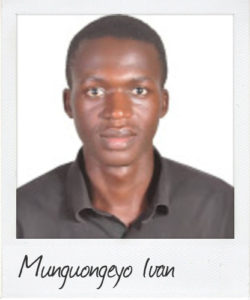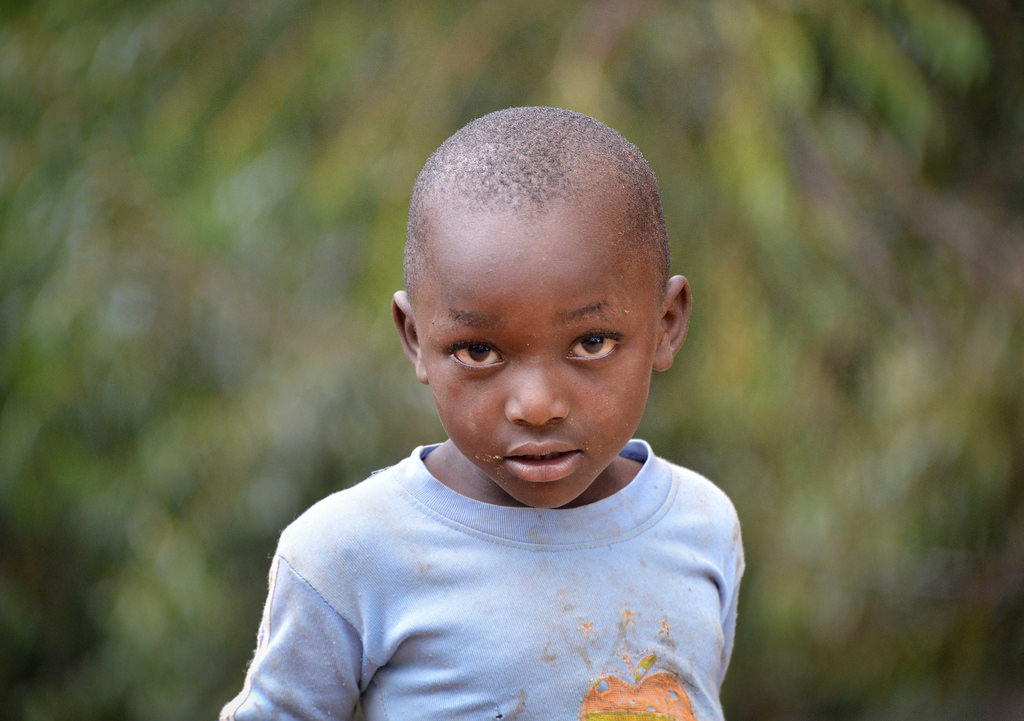“Fighting corruption to achieve the SDGs”
May 29th, 2017 Uganda has natural wealth and a capable population, but Munguongeyo Ivan, 24, a Commonwealth Correspondent from Kampala, Uganda, points out lingering and serious issues of poverty. He argues the problem is not resources, but corruption in how those resources are allocated.
Uganda has natural wealth and a capable population, but Munguongeyo Ivan, 24, a Commonwealth Correspondent from Kampala, Uganda, points out lingering and serious issues of poverty. He argues the problem is not resources, but corruption in how those resources are allocated.
Uganda is not a poor country. It’s a country endowed with plentiful natural resources with brilliant, creative and determined youthful population. Paradoxically, the county is faced with devastating and crippling poverty levels evidenced by acute malnutrition, high HIV scourge, a stagnating economy and poor service delivery.
In the 21st century, it’s disgusting to read that the majority of outpatient treatments in Uganda are from malaria, and the diseases is a major killer of children under five. Malaria is an entirely preventable disease; we can cheaply, easily deal away with malaria. Malnutrition, another entirely preventable disease, is also a killer and a major health burden to a country that plans to achieve middle income status by 2020.
How can we achieve a middle income status, yet we’ve failed to achieve basic, fundamental issues? To achieve the SDGs, we need to deal away with corruption, because the linkage between corruption and poverty is enormous. Its effects are numerous and pervasive.
Too many people do not get enough to eat and surprisingly even the urban dwellers are hit hard by malnutrition. Half of our under-five children are stunted. These children are wasted; they will never reach their potential growth levels. Hungry people are angry people. Our politicians are focusing on trivial issues and neglecting issues that really affect our people. We were promised roads, schools, hospitals but in return our people received illiteracy, agony and deaths from preventable diseases.
The effects of malnutrition in children are irreversible. These children become etiolated, it affects their metal ability to learn and socialize and in the near future, we shall have a generation of compromised, mentally challenged children. We need to hold our leaders accountable, let’s promote transparency and accountability at all levels. The funds earmarked for development ventures are too often diverted by a few who themselves take their children to advanced countries for basic services.
In 2005, the IMF and WB removed Uganda from the lists of the poor to the poorest countries. Ugandans deserve better. Change for a better Uganda is possible if our leaders are transparent and accountable. The little financial assistance we have lobbied from international agencies has been misappropriated and misdirected and at the end of the day, the poor suffer most. We can control diseases, we can improve on our education systems, we can increase on crop productivity and we can improve on our infrastructure – yet our situations are far from hopelessness. Corruption has caused more agony for the people.
The human costs of corruption are diverse. We shall realise it when our roads and bridges crumple, when the schools that were constructed are substandard, when hospitals have become hospice. Our hospitals are now places where people come not to be cured but to die with some small amount of hope, comfort and dignity that they died in a hospital, yet these are clinics in some other countries. In order to reach achievement on the SDGs, we have to tackle the problem of corruption.
photo credit: Rod Waddington Young Boy via photopin (license)
………………………………………………………………………………………………………………………………………………………………………………………………………………………………………………………
About me: I am Munguongeyo Ivan, from Kampala, Uganda. I hold a Bachelor’s Degree in Development Studies from Makerere University and currently am pursuing Master’s Degree in Rural Development at the same University. My aim is to be a lecturer in the development studies discipline. I also have wide knowledge in serving local communities and specifically working with NGOs to improve on the welfare of the rural poor. I am currently a volunteer with an NGO called Hands of Love Foundation.
………………………………………………………………………………………………………………………………………………………………………………………………………………………………………………………
Opinions expressed in this article are those of the author and do not necessarily represent the views of the Commonwealth Youth Programme. Articles are published in a spirit of dialogue, respect and understanding. If you disagree, why not submit a response?
To learn more about becoming a Commonwealth Correspondent please visit: http://www.yourcommonwealth.org/submit-articles/
………………………………………………………………………………………………………………………………………………………………………………………………………………………………………………………






